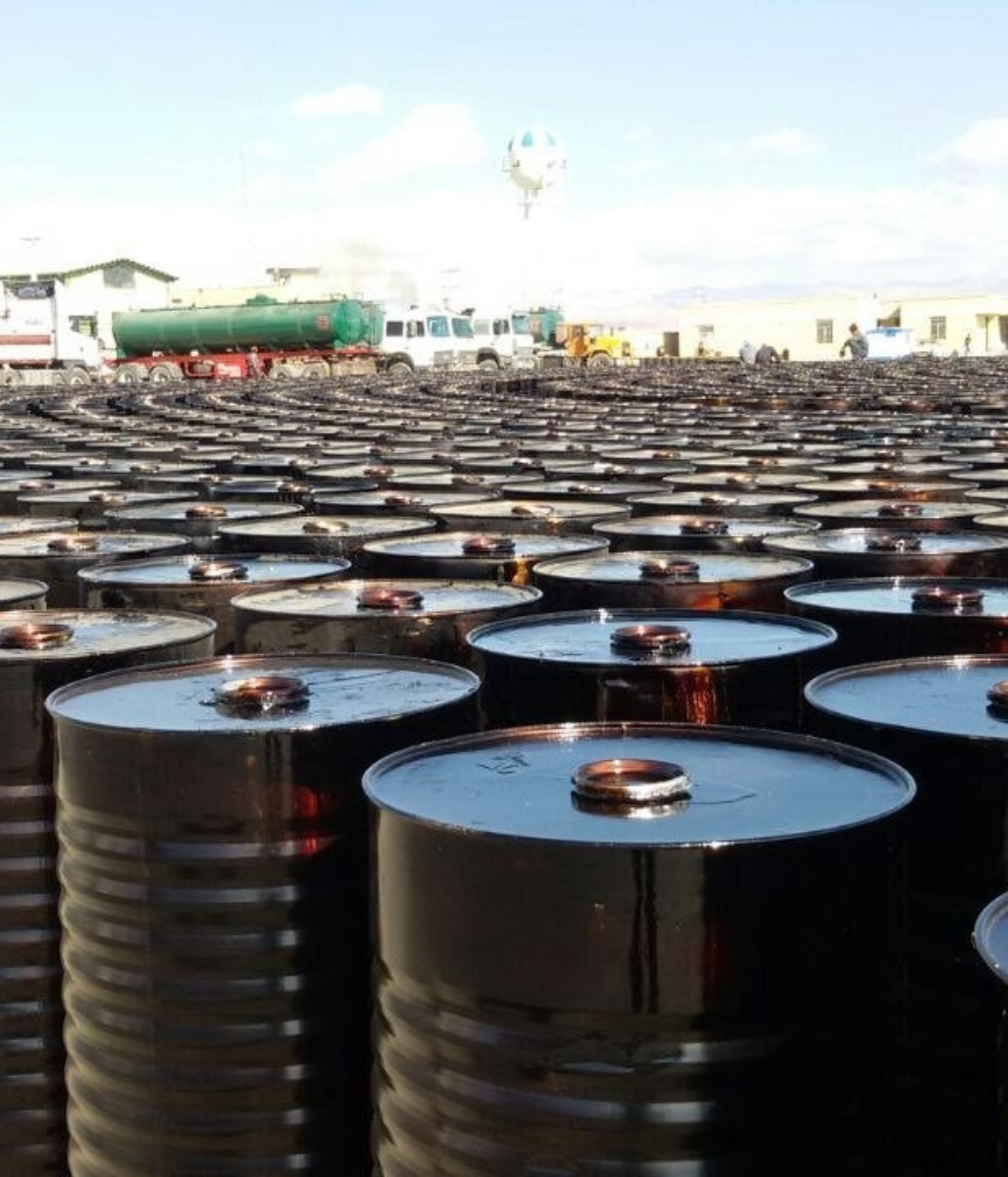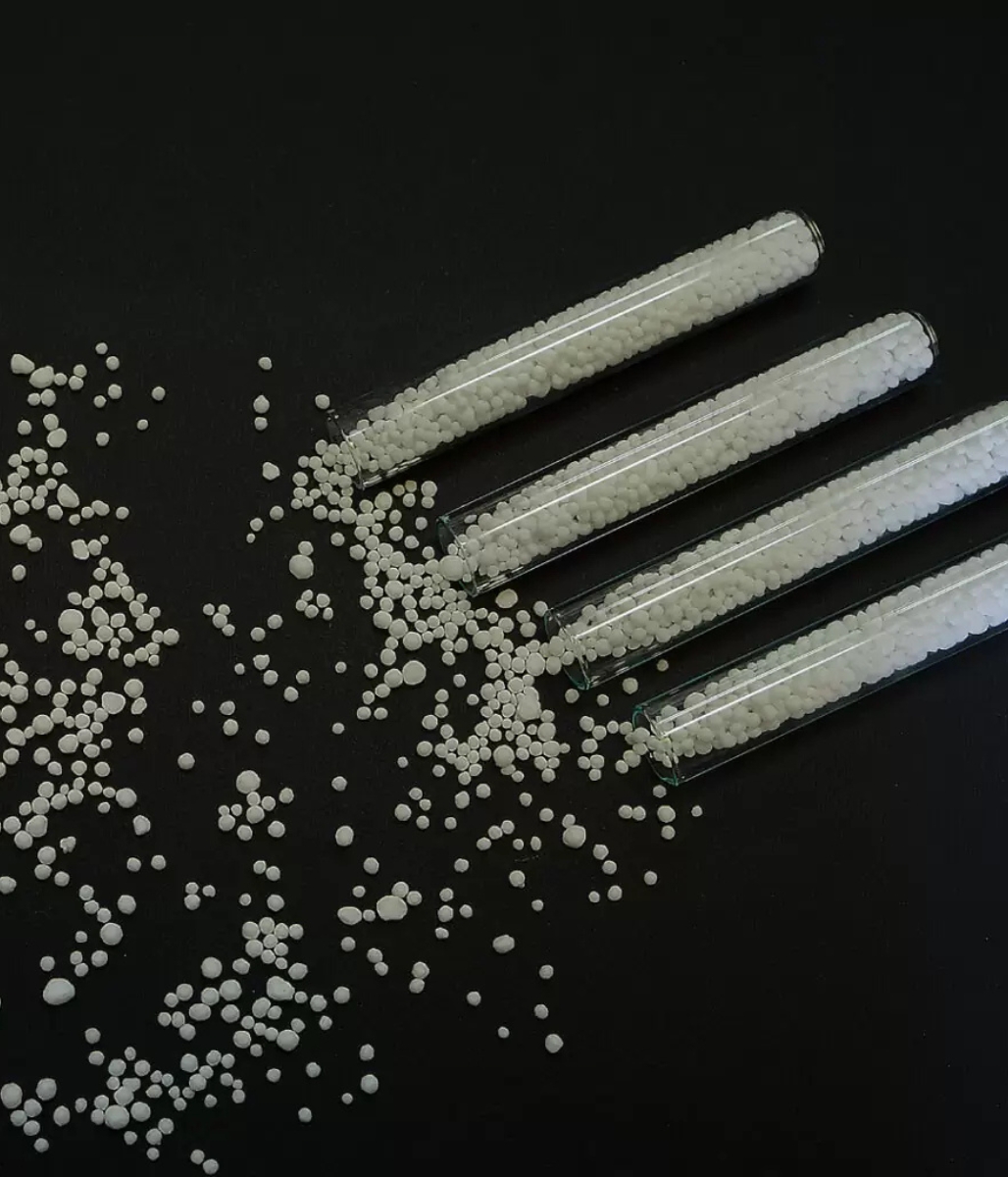Rubber Process Oil(RPO)
Rubber Process Oil (RPO) is a vital component in the manufacturing and processing of rubber products, playing an essential role in improving the workability and durability of rubber compounds. Derived from petroleum or other fossil fuels, RPO is a blend of heavy hydrocarbons that enhances the physical properties of rubber while making the production process more efficient. This oil is primarily used in industries such as automotive, construction, and footwear, where it acts as a softener and plasticizer, ensuring that rubber products achieve the desired flexibility, strength, and elasticity. Beyond improving the material's handling and processing characteristics, RPO also extends the lifecycle of rubber products by increasing resistance to wear and tear, heat, and environmental conditions. This makes it indispensable in the production of tires, conveyor belts, hoses, and other industrial rubber components, especially in demanding applications.
RPO is broadly classified into two categories: aromatic and paraffinic oils, each catering to specific industrial needs. Aromatic RPO, characterized by its high aromatic content, is ideal for applications requiring superior compatibility with natural and synthetic rubbers. It is commonly used in heavy-duty applications like tires and industrial-grade rubber due to its excellent solvency and ability to improve filler dispersion. On the other hand, paraffinic RPO, which contains a higher concentration of saturated hydrocarbons, is known for its lighter color, lower viscosity, and greater oxidation stability. It is often preferred for products that require superior weather resistance and thermal stability, such as molded rubber goods and rubber seals. The choice between these types depends on the intended application and the specific performance characteristics desired, making RPO a versatile and indispensable material in the rubber industry.
Synthetic RPO:
Synthetic RPO is manufactured in industrialized countries such as Brazil, which has the privilege in the RPO industry, among others.
Natural RPO:
Natural RPO is predominantly obtained in Southeast Asia. Rubber process oils, as the name suggests, are used primarily as a processing oil in rubber products manufacturing compounds.
RPO (Rubber Process Oil) is divided into 3 types as Aromatic-based RPO, Paraffinic-based RPO and Naphthenic-based RPO.
Aromatic RPO Usage:
Tires, lactic, automotive tires and tubes, bicycle tires, tire re-treading materials, belting, hoses, battery casings and containers, extruded products, technical molded goods and rubber articles with reclaim rubber due to high solvency. Process Oil (furfural extract) has color stability, solubility, and thermal stability which make RPO ideal for molded articles, slippers, LPG tubes, floor tiles, etc.
Paraffinic RPO:
This type of RPO, is well known for its viscosity. As the chain length increases, the viscosity increases. It is extensively being used in Butyl rubbers.
Naphthenic RPO:
Naphthenic RPO is a series of hydrocarbons which is also referred to as cycloparaffins. It has a unique color and thermal stability and solubility. These mentioned items make the RPO suitable for being used in molded articles, slippers, LPG tubes, floor tiles, etc.
Application:
Automobile Tires
Rubber shock absorbers
Footwear
Industrial Hoses
Wire and cable coverings
Flooring materials and carrier fluid
The solvent in the manufacture of adhesives
Sealants
Polishes and carbon black
Packaging:
Bulk
ISO Tank
Flexi Tank
Steel Drum
| Virgin RPO | |||
| CHARACTERISTIC | UNIT | SPECIFICATION | TEST METHOD |
| Specific Gravity @ 15.6°C | kg/m3 | 995 | ASTM D-1298 |
| Kinematic Viscosity @ 100°C | mm2/S (cSt) | Min 20 – Max 65 | ASTM D-445 |
| Flash Point | °C | Min 250 | ASTM D-92 |
| Pour Point | °C | Max 35 | ASTM D-97 |
| Aniline Point | °C | Min 40 - Max 60 | IP-2 |
| Sulfur Content | % wt | 4 TYP | ASTM D-2622 |
| Ash Content | % wt | 0.05 TYP | ASTM D-482 |
| Carbon Type Analysis, % CA CN CP |
40 25 35 |
- | ASTM D-3238 |
| Specification | Unit | Method | DAE 10 | Light RPO | RPO135 | RPO145 | RPO155 | DAE40 | Heavy RPO |
|---|---|---|---|---|---|---|---|---|---|
| Type | - | - | Aromatic | Aromatic | Aromatic | Aromatic | Aromatic | Aromatic | Aromatic |
| Kinematic Viscosity 100°C | cSt | ASTM D-445 | 10 | Max 35 | - | - | 40-60 | Min 35 | ASTM D-7042 |
| ASTM D-7042 | - | - | 30-40 | 40-50 | 50-60 | - | - | ||
| Density 15.6°C | Kg/m3 | ASTM D-1298 | 1000 | 1010 | - | - | - | 995-1020 | 1050 |
| ASTM D-4052 | - | - | 1010 | 1020 | 1030 | - | - | ||
| Flash Point | °C | ASTM D-92 | 215 | - | 230 | 240 | 240 | 263-230 | - |
| ASTM D-93 | - | 200-300 | - | - | - | - | 200-230 |

.jpg)

